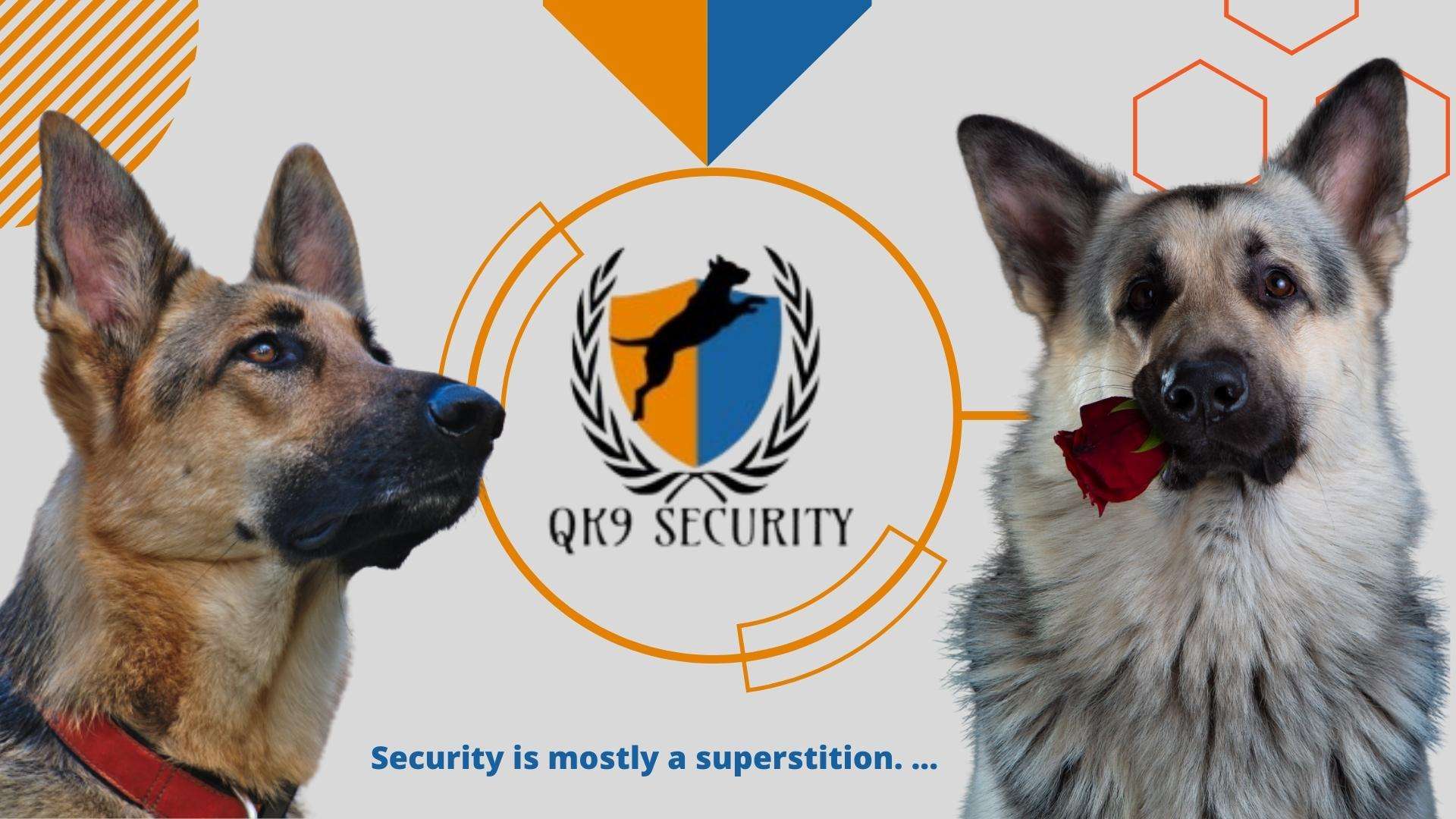The Best Guide to Pet Dogs and Security Dogs

[vc_row][vc_column][vc_column_text]
The Best Guide to Pet Dogs and Security Dogs
You might think the only difference between Pet Dogs and Security Dogs is their size. However many different types of dogs can be trained to perform security tasks. In this article, we’ll guide you through the different characteristics of Pet Dogs and Security Dogs so that you can make the best decision for your needs.
The benefits of owning Pet Dogs and Security Dogs
There are many benefits to owning a pet dog, including improved security. Having a dog can deter burglars and other criminals from targeting your home. Pet Dogs and Security Dogs can also serve as an early warning system, alerting you to potential threats long before they materialize. And finally, dogs provide companionship and unconditional love, making them the perfect addition to any family.
The best security dogs for protection
When choosing a security dog, there are several factors to consider. The most crucial factor is the dog’s temperament. A dog who is naturally aggressive or easily agitated is not going to make a good security dog. The best security dogs are calm, confident, alert, and responsive to their surroundings.
Another critical factor to consider is the size of the dog. A large dog may be more intimidating, but a smaller dog can be as effective if adequately trained. The breed of the dog is also essential. Some breeds, such as German Shepherds and Dobermans, have a reputation for being good security dogs. However, any dog breed can be trained to be a good security dog if the trainer has experience working with that particular breed.
When choosing a security dog, it is also essential to consider whether you want a purebred or mixed-breed dog. Purebred dogs may be more expensive but likely have fewer health problems and behave more predictably than mixed-breed dogs. Mixed-breed dogs can be as loyal and protective as purebreds but may require more training and socialization.
How to choose the best pet dog for you
When it comes to choosing a pet dog, you need to take into account some things. What size dog do you want? What breed of dog do you want? Do you want a purebred or a mutt? And most importantly, what kind of personality do you want your dog to have?
Here are some tips to help you choose the best pet dog for you:
- Decide what size dog you want. Small dogs are easier to handle and take up less space, but they may not be as good at deterring burglars as larger dogs.
- Choose a breed of dog that fits your lifestyle. For example, if you live in an apartment, you might want to choose a small breed that doesn’t need much exercise. Or, if you have kids, you might want a breed known for being good with children.
- Consider whether you want a purebred or a mutt. Purebred dogs are often more expensive, but they may come with health problems due to inbreeding. Mutts, on the other hand, are usually healthier and often just as bright as purebreds.
- Think about what kind of personality you
What are the different types of security dogs?
There are a few types of security dogs: guards, watchdogs, and attack dogs. Guard dogs are trained to protect their owners and their property. Watchdogs are trained to bark or raise an alarm when they sense something is amiss. Attack dogs are trained to attack and subdue intruders Aggressively.
Which type of dog is best for you and your family?
There are a lot of factors to consider when choosing a pet dog, but one of the most important is what type of dog is best for your security needs. Different dogs have different skill sets and temperaments, so choosing a breed that will be a good fit for your home and lifestyle is essential. Here are some things to keep in mind when choosing a security dog:
- Size: Some people feel more comfortable with a giant dog as their security blanket, while others prefer a smaller breed. Consider your space in your home and yard and whether you’re comfortable walking a large breed.
- Barking: One of the most essential things a security dog should do is bark at intruders. However, some breeds bark more than others. If you have close neighbours or live in an apartment, you might want to consider a breed that barks less frequently.
- Temperament: Some dogs are naturally more aggressive than others. If you have small children or other pets in the home, you’ll want to choose a breed with a milder temperament. Conversely, if you’re looking for a guard dog to protect your business property, you might want an animal with more
How to train your dog properly
The first and most important step in training your dog is establishing yourself as the alpha. Dogs are naturally packed animals, and you must be the pack’s leader to train them properly. This doesn’t mean being aggressive or mean to your dog, but being firm and consistent with your commands. Once your dog sees you as the alpha, he will likely obey your commands.
The second step starts with basic obedience commands such as sit, stay, come, and down. These are the foundation for all other training, so getting them down pat before moving on is essential. Be sure to use positive reinforcement when training – offering your dog treats or praise when he does something correctly. And be patient – training takes time and patience on both your parts!
Once you’ve mastered the basics, you can teach your dog more advanced tricks or commands. Or you can begin working on specific behaviour issues such as barking, chewing, or jumping up. Whatever you decide to do, remember to be consistent, use positive reinforcement, and have patience!
Also Read
[/vc_column_text][/vc_column][/vc_row]


6 thoughts on “The Best Guide to Pet Dogs and Security Dogs”
Your article helped me a lot, is there any more related content? Thanks! https://www.binance.com/en/register?ref=T7KCZASX
I don’t think the title of your article matches the content lol. Just kidding, mainly because I had some doubts after reading the article. https://www.binance.info/it/join?ref=OMM3XK51
Can you be more specific about the content of your article? After reading it, I still have some doubts. Hope you can help me.
Thank you very much for sharing, I learned a lot from your article. Very cool. Thanks.
I don’t think the title of your article matches the content lol. Just kidding, mainly because I had some doubts after reading the article. https://www.binance.com/pt-PT/join?ref=DB40ITMB
Your point of view caught my eye and was very interesting. Thanks. I have a question for you.